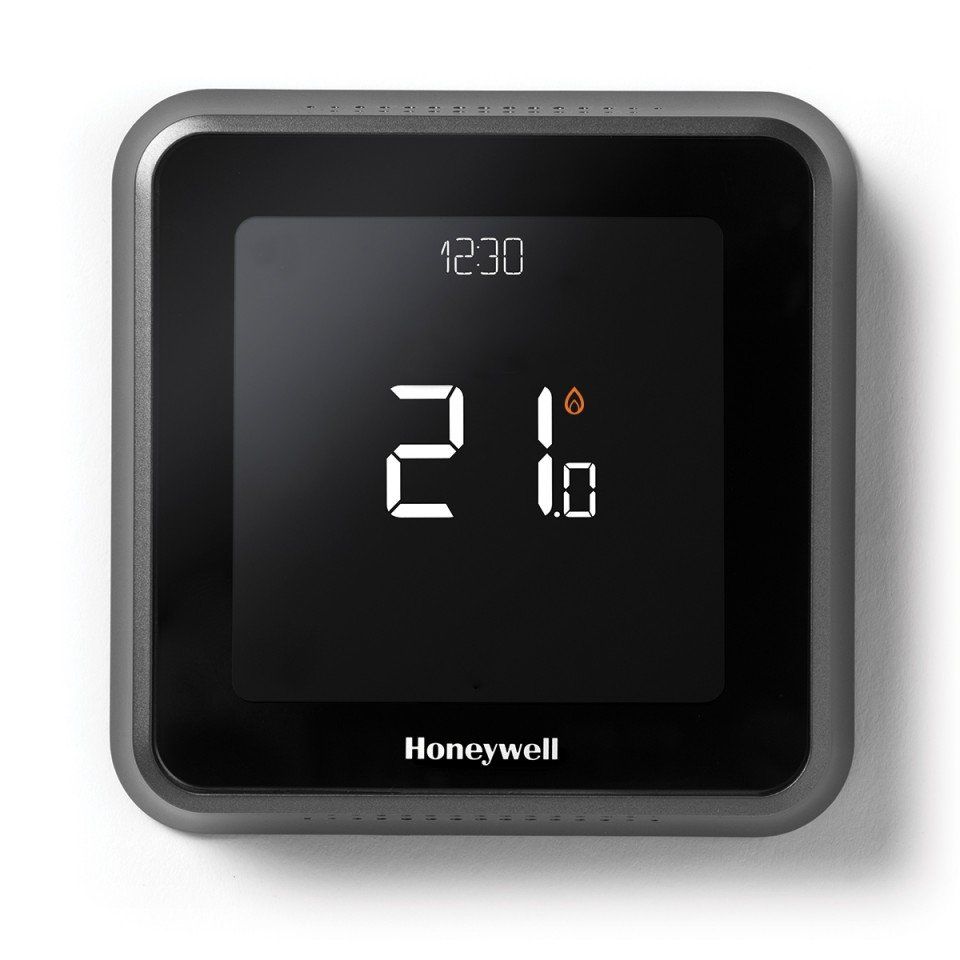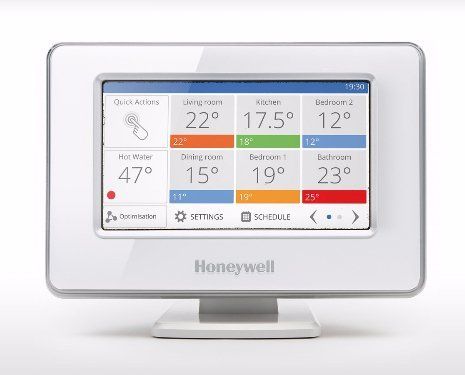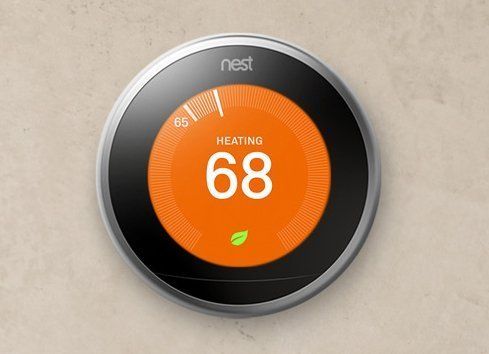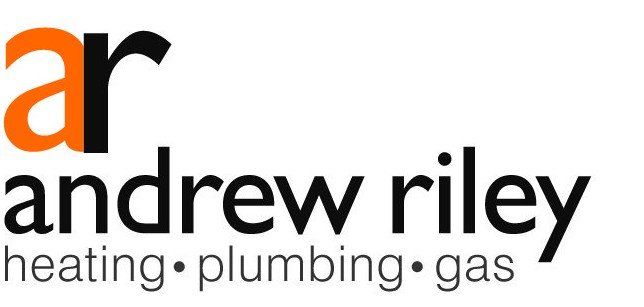Smart controls
Location Based Temperature Control (Geofencing).
Control via smartphone or tablet, anywhere. An app takes care of everything at home using your smartphone location to determine when you’re home or away. Saving energy when you're away, ensuring the temperature is just right when you return.


Honeywell Evohome
is an intelligent heating system that allows you to create and individually control up to 12 heating zones and hot water. You can configure your heating zones in many different ways:
- You may choose to simply group rooms that are near each other around the house.
- You could group them according to the activities that go on in each area.
- You may also choose to create a zoning plan based on the frequency with which each room is used
Remote access is provided via your tablet or smart phone. Colour touchscreen controls allow for quick and easy management of exactly where and when the property should be heated.
Compatible with many central heating systems, including:
Combi boilers
System and heat-only boilers
Domestic hot water tanks
- Nest learns the temperatures you like and programs itself in about a week.
- To help you save energy, Nest automatically turns itself down when nobody’s at home.
- You can connect your thermostat to Wi‑Fi to control the temperature from your phone, tablet or laptop.
- You can create a heating zoned systems (one Nest Thermostat per zone)
Compatible with many central heating systems, including:
Combi boilers
System and heat-only boilers
Domestic hot water tanks

Weather Compensation Controls
Our homes need efficient heating to overcome the difference in temperature between indoors and outdoors, and to replace the internal heat which is lost through walls and windows. Weather compensating boilers can offer fuel savings by taking into account the external temperature and reducing the boiler heat output accordingly.
The colder it is outside, the more heat is lost, and the more we have to heat our buildings. Weather compensation boilers are controlled to ensure the boiler burns just the right amount of fuel required to match the heat loss from the building. Your house maintains the required temperature, and uses the minimum amount of energy necessary.
Conventional boilers
have only an internal thermostat to control when they fire and when they stop firing, which can be quite a slow process. The outside temperature drops, increasing the loss of heat from the house, which is then registered on the internal thermostat as a drop in room temperature, and probably results in you turning up your thermostat as you feel chilly. The thermostat then “tells” the conventional boiler to fire/work harder, and your rooms eventually regain the desired temperature. The reverse is also true that if outside temperatures begin to rise, the boiler is not told to stop firing until room temperatures have become uncomfortably warm. So as well as adjusting your thermostat back down, you would probably open windows, releasing more energy and letting out the heat.
With a compensation boiler system
this sequence occurs much more quickly and more efficiently. A small temperature sensor is located on an external wall which is wired to the internal controls of the boiler. Every few seconds, this sensor sends the boiler a message to tell the boiler the temperature outside. As soon as this temperature begins to change, the boiler responds and starts to increase or decrease the radiator temperature to compensate.
It is so efficient that people inside the building may not even notice the temperature has changed outside.
As with most conventional heating systems, different room temperatures can still be achieved by setting the required levels on radiator thermostats. But where conventional boilers are continually playing catch-up to achieve the desired temperature (running very hot, then very cold alternately), the weather compensated boiler can respond quickly to changing conditions, maximizing your fuel efficiency.
The benefits of switching to a weather compensation boiler system are numerous, but the most immediate will probably be the impact on your fuel bills, with some products reaching a 20% reduction over the year.
The proactive nature of the boiler and the quiet operating noise means that you probably won’t even notice the subtle changes in temperature, and your rooms remain at a comfortable temperature all year round. In fact, many customers find themselves checking the boiler is still on during their first few months when it only fires infrequently compared to their old boiler.
Another benefit is that radiators tend to never get really hot, due to the small fluctuations adjustments required to maintain a steady temperature; ideal for homes with small children. Whilst your radiators won’t get too hot, you can rest assured that your hot water is piping hot as and when you need it.

